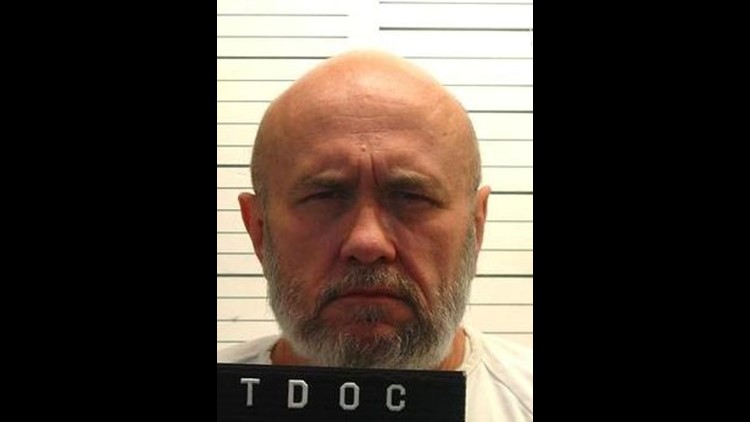The Tennessee Supreme Court has set a Nov. 1 execution date for Edmund Zagorski, who earlier this month won a 10-day reprieve from Gov. Bill Haslam.
The court announced Monday the new date for Zagorski, convicted of murdering two men in Robertson County in 1983. The death chamber is at Riverbend Maximum Security Institution in Nashville, where Zagorski is being held.
Zagorski, 63, is among a group of inmates who have objected to the state's method of using three drugs for execution. The inmates argue the drugs, especially the sedative midazolam, fail to spare the inmate from great pain as they're administered.
Lawyers for Zagorski told the courts earlier this month he preferred electrocution, in which more than 1,500 volts of electricity is sent through a person's body.
A Tennessee inmate last was put to death by electrocution in 2007. The state has since switched to lethal injection.
In August, Billy Ray Irick was put to death by injection over the protests of his attorneys. Irick was the first inmate in the state to be put to death in nearly 10 years. He was convicted of murdering 7-year-old Paula Dyer in Knoxville in 1985.
Defense attorneys argue Irick suffered pain during administration of the death penalty.
Hours before Zagorski was scheduled to die Oct. 11, Gov. Bill Haslam delayed the inmate's execution to ensure the state had time to prepare for an electrocution.
Twelve inmates across the United States – one in Tennessee, one in Arkansas, three in South Carolina and seven in Virginia – have opted for electrocution over other means of execution including lethal injection.
The last time the electric chair was used was Jan. 16, 2013, when Robert Gleason, Jr., asked to be killed by the electric chair in Virginia.
The Tennessean contributed to this report.



